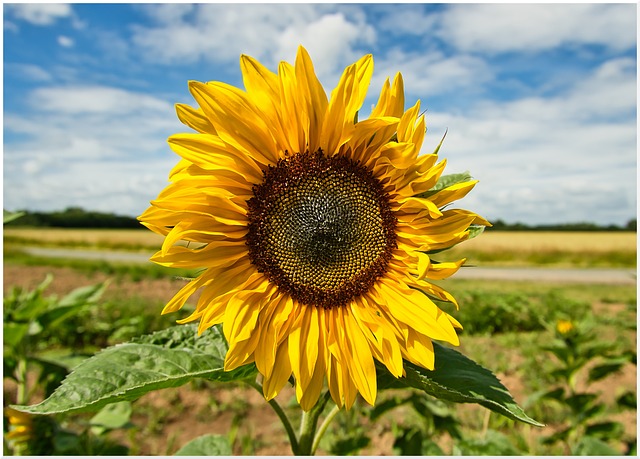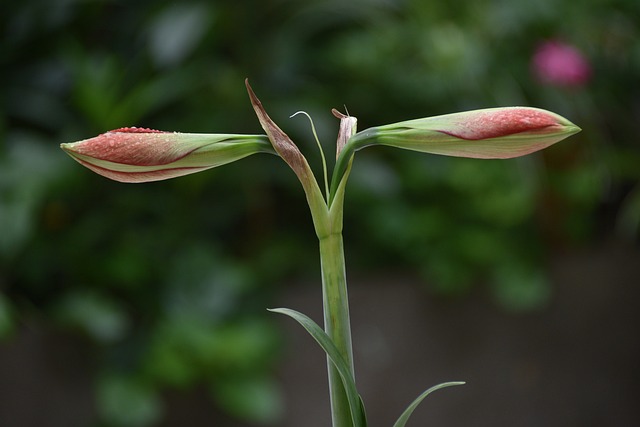the plural of dice 🔥 The Curious Case of Dice: A Plural Puzzle Unveiled

The Curious Case of Dice: A Plural Puzzle Unveiled
Picture this: You're at a bustling game night, laughter and friendly banter filling the room. The air is thick with anticipation as players gather around a table, ready to embark on epic quests or engage in fierce battles—all fueled by the roll of a dice. But wait, why does that word sound so peculiar? Is it “die” or “dice”? And why does the plural form of a seemingly simple word lead to such a labyrinth of confusion? Let’s unravel this captivating conundrum together.the plural of dice

At first glance, "dice" might seem like a straightforward term, referring to those charming little cubes we all know and love. But delve deeper, and you’ll uncover a fascinating linguistic journey that reflects the rich tapestry of language itself. The word "die" is the singular form, harking back to its Latin roots. Yes, we’re talking about the same Latin that birthed so many words we use daily. In this ancient tongue, "datum" gives us “data,” and "cactus" brings forth the familiar prickly plant. So, when it comes to dice, the singular “die” is a nod to those bygone days, paying homage to the origins of this whimsical gaming tool.
But here’s the twist: "dice" has morphed into the plural form over time, and that’s where the real fun begins. Unlike other words that simply add an “s” to become plural, dice has taken its own path, leading to a delightful mix of tradition and evolution. This transformation isn’t just a linguistic quirk; it’s a reflection of how language adapts and grows, much like the games we play. As society has embraced gaming culture, the term "dice" has become synonymous with both the singular and plural forms, blurring the lines and inviting a sense of familiarity and comfort.
Let’s take a moment to appreciate the cultural significance of dice. They are more than just objects we toss around; they carry centuries of history, from the ancient civilizations that used them for divination to the modern-day tabletop games that bring people together. Whether you’re rolling a pair of six-sided dice in a classic game of Monopoly or using a set of polyhedral dice in a thrilling Dungeons & Dragons campaign, these little cubes have a unique ability to create connections and spark creativity. the plural of dice

Yet, the plural of dice isn’t just a simple matter of semantics. It resonates with the heart of gaming itself—community, collaboration, and the thrill of chance. Think about it: each roll of the dice is a moment of uncertainty, a leap into the unknown. We gather around tables, eager to see what fate has in store for us, whether it leads to victory or a spectacular defeat. In this sense, dice embody the essence of life, where every decision is a roll in its own right.
Now, let’s not forget the playful debates that arise around the correct usage of "dice" versus "die." Some purists may argue that using "dice" as a singular form dilutes the beauty of the English language. But let’s be honest—language is alive, constantly evolving to reflect our society. Just look at how slang comes and goes, how new words emerge, and how some old-fashioned terms fade away. Embracing the pluralization of "dice" isn’t a sign of linguistic decay; it’s a celebration of the living, breathing nature of communication.
As we navigate this plural puzzle, let’s also acknowledge the role of context. In the world of gaming, the term "dice" has transcended its traditional boundaries, becoming a versatile term that evokes a sense of nostalgia and excitement. It’s not just about the number of cubes on the table; it’s about the stories we create, the friendships we forge, and the laughter we share. the plural of dice
So, the next time you find yourself at a game night, surrounded by friends and family, take a moment to appreciate the humble dice. Revel in their plural form, and let it remind you of the joy of rolling the dice in life. After all, whether you call them "die" or "dice," they are a symbol of chance, camaraderie, and the magic that unfolds when we come together to play. the plural of dice
In a world that often feels rigid and structured, let’s embrace the playful ambiguity of language and the vibrant culture of gaming. Because in the end, whether it’s one die or many dice, it’s all about the thrill of the roll and the memories we create along the way. So, gather your friends, grab those dice, and let the games begin!
Fale conosco. Envie dúvidas, críticas ou sugestões para a nossa equipe através dos contatos abaixo:
Telefone: 0086-10-8805-0795
Email: portuguese@9099.com


